A walk along the beach this morning triggered an insight into perfection and perfectionism that I hope you find enlightening.
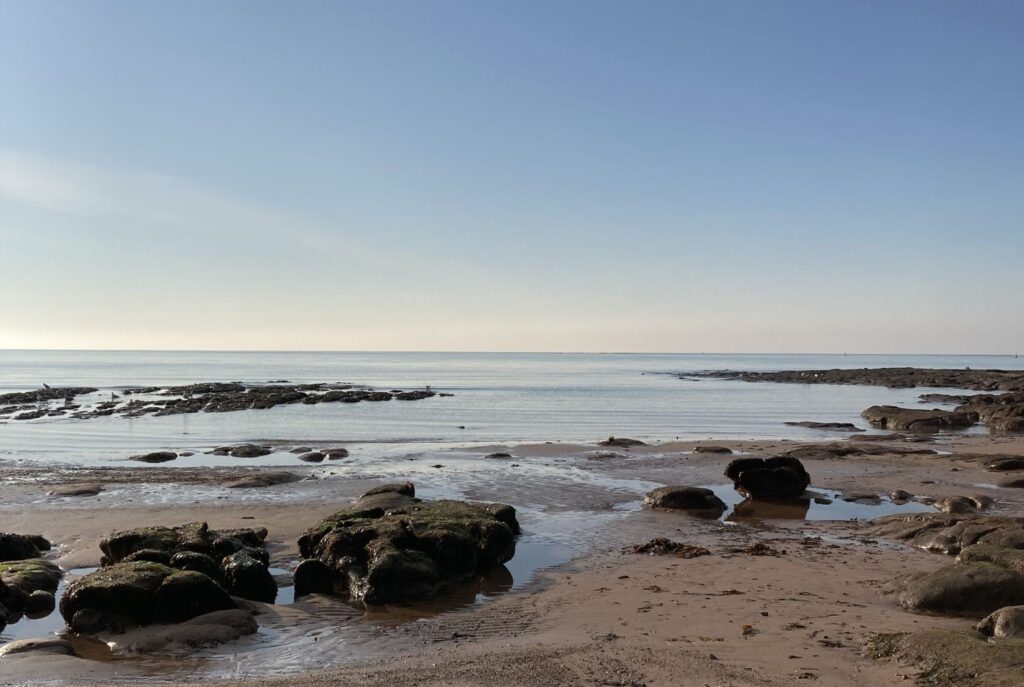
What is perfection and perfectionism?
I thought I was quite clear on what these were until recently. I was quite sure that I used to be a perfectionist and that I no longer was.
And how did I judge that? Well, the fact that I no longer procrastinated, read and re-read anything I published and didn’t really care what people thought of what I created.
But then I saw that this was just one element of perfectionism.
What does the dictionary define as perfectionism?
Dictionary.com says:
“A personal standard, attitude, or philosophy that demands perfection and rejects anything less.”
OK, so what attributes could a perfectionist have?
According to this article on Forbes, a perfectionist may display any of 9 different signs:
- Expecting perfection from everyone
- Struggling to complete tasks in a timely manner
- Viewing mistakes as proof of inadequacy
- Investing a lot of energy into masking flaws
- Avoiding doing anything that may lead to failure
- Inability to celebrate success
- Self worth depends upon achievement
- The quest for perfection affects mental health
- Dissatisfaction with life
How many of you can relate to those things? I’m guessing if you’re reading this then you’ll be nodding along as you scroll through the list.
Well me too.
And it makes me cringe a little to think that I believed I no longer experienced perfectionism!
Does it even matter if I’m a perfectionist? I thought it was a good thing?
I used to think that too until I saw that it held me back in so many ways. There was so much that I didn’t do because I was scared it would be less than whatever my idea of perfect was.
But now I see that, although I don’t hold myself back in the same way, I live from a state of frustration a lot of the time.
And by that I mean that when things aren’t done ‘my way’ or ‘the right way’ or ‘quick enough’ I feel that frustration in my body.
Our bodies are always responding to our thoughts.
So if I’m having thoughts of frustration, then I feel that and I start to get symptoms. Symptoms being my bodies kind way of alerting me to the fact that my thinking has gone off into an unhelpful zone.
And the more I learn, the more grounded I become in the Three Principles understanding, the less tolerant I am of putting my body through any more.
I spent most of my life innocently misusing thought and experiencing the physical affects of that. And now that I know a different way I’m less inclined to ‘abuse’ my body by doing that.
So I notice the frustration and the associated thoughts and gently allow them to flow through my system whenever I can.
So what can we do about being a perfectionist?
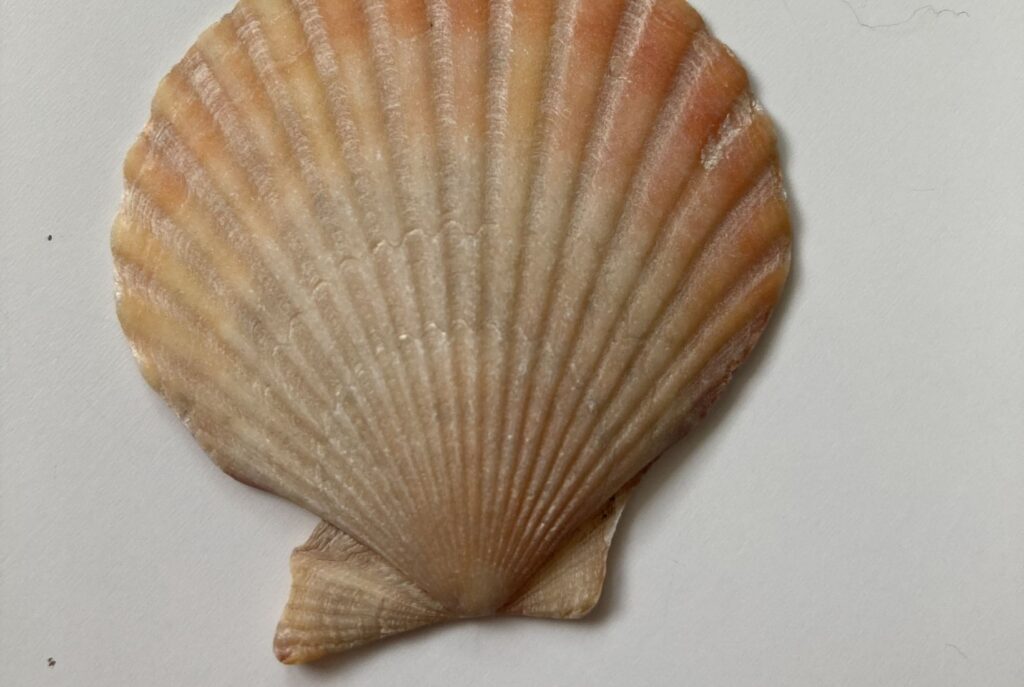
Something occurred to me this morning when I was out walking on the beach.
A beautiful shell caught my eye and I bent down to pick it up. As I brought it out of the sand I noticed that it had a little corner missing. Not that it was broken but that had never been there. To my mind it was imperfect.
As I was about to discard it I had a little chuckle. It was as if it had been put there for me to find. To challenge my beliefs about perfection.
What I came to see was that the shell was beautiful. It was a creation of nature so how could it not be? And then I came to question my view of perfection.
Who was I to judge it perfect or not? Perhaps it was formed that way because it had attached to a rock and it needed to grow around it?
How could I possibly judge nature to be wrong?
When we look to nature we can see perfection everywhere. The fact that flowers open and close with sunlight, that acorns grow into oak trees and the tides follow the moon’s cycle. And then we see things that we believe to be imperfect in nature, like a global pandemic, perhaps?
What if nature never got it wrong?
And so it led me to consider that as we too are part of nature; guided by an invisible intelligence that moves us every single day, how can anything we do ever be wrong?
Or to put it another way, how can we ever be wrong or less than perfect? To even consider that means that we believe we are not part of the perfection of life. That we are somehow separate from it.
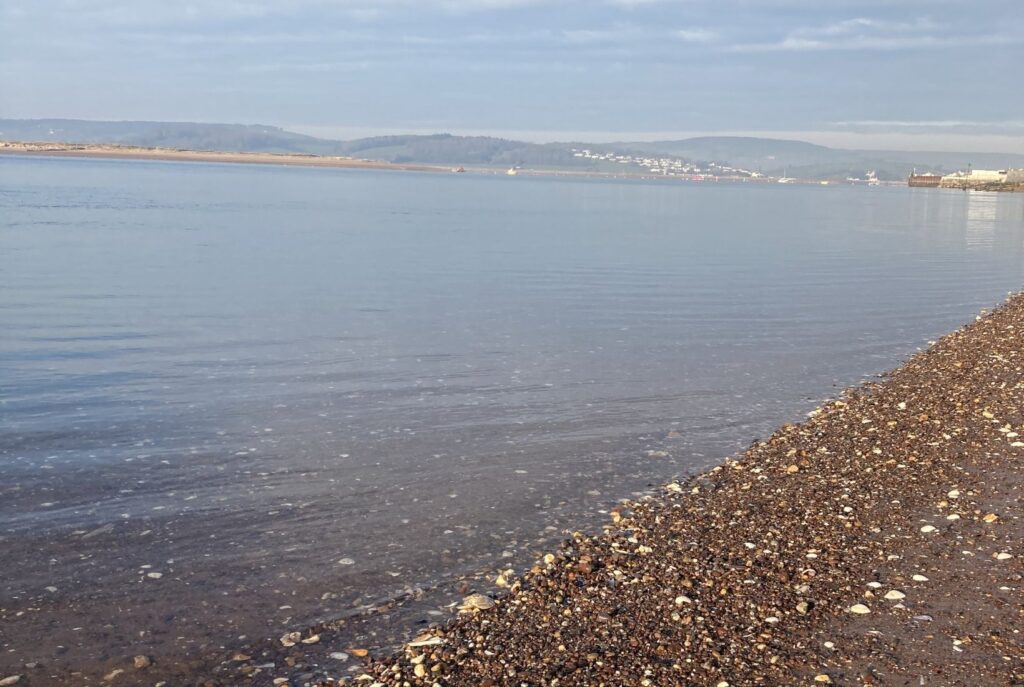
So next time you judge yourself, or something else to be less than perfect, consider whether you know that to be true.
Consider whether you know the bigger picture. And if you don’t, then how about trust that despite looking imperfect it cannot possibly be because it’s a creation of nature? Either directly ‘out there’ or expressed through you, or another, human form.
And how does that feel compared to the idea that you or nature is not perfect?
If perfectionism holds you back and you’d like to explore further with me either sign up for my free How To Find Inner Peace 5 day online course or book a free 1:1 exploratory call with me.
I look forward to hearing from you,
Vicki x
Pin this article so you don’t lose it:
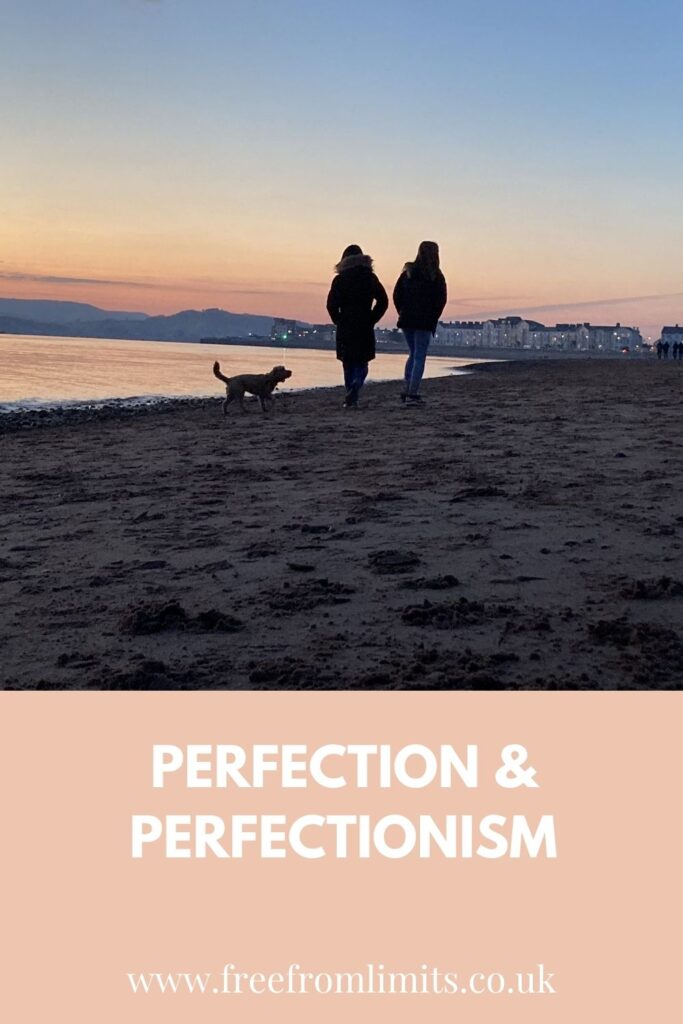
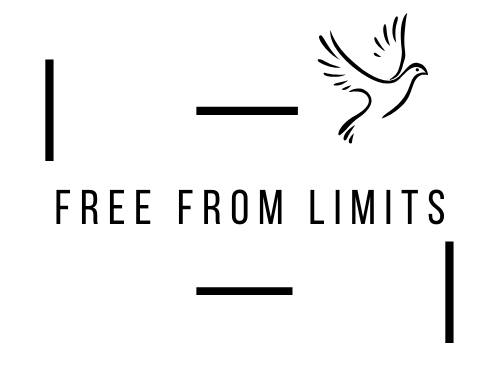
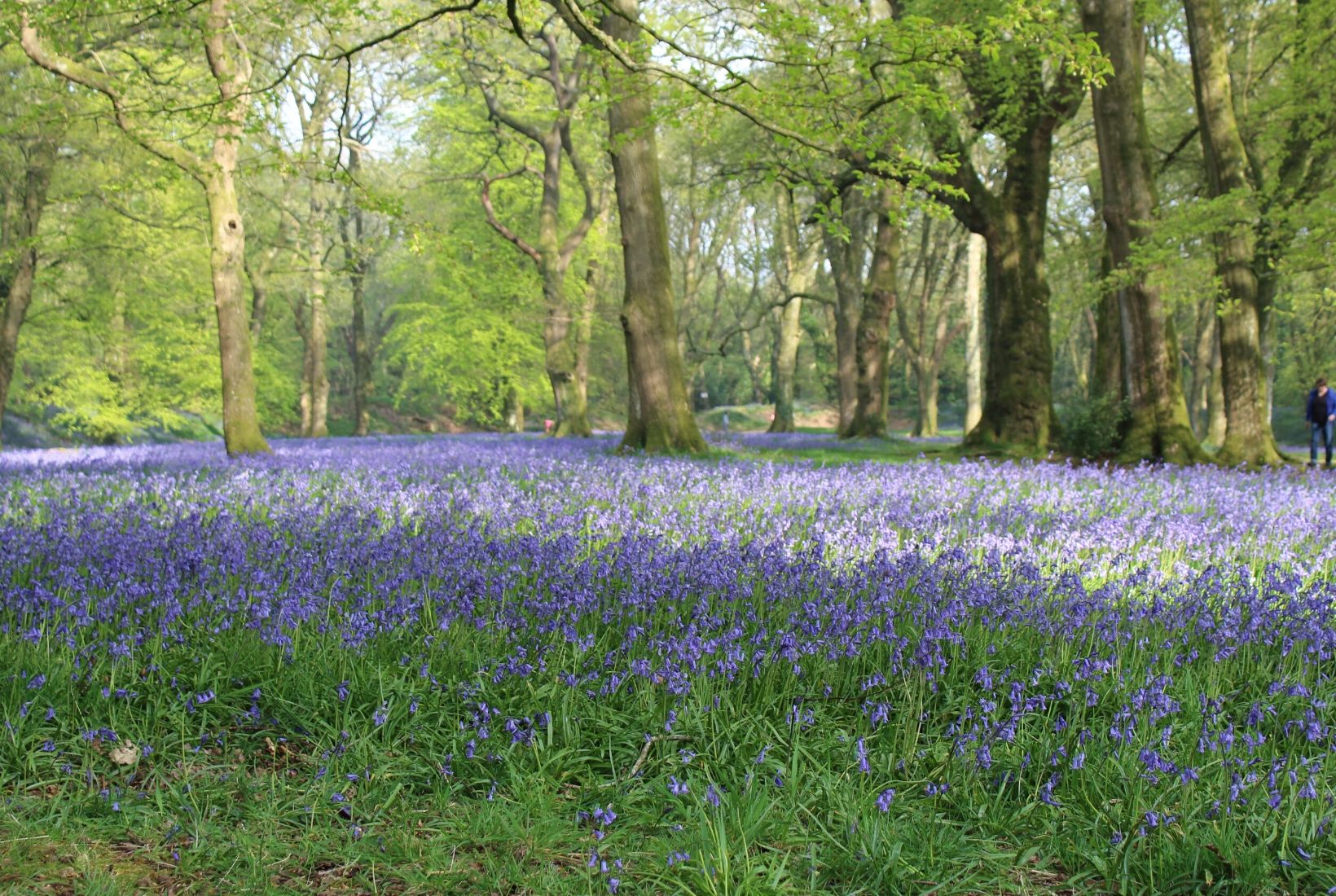
Leave a Reply